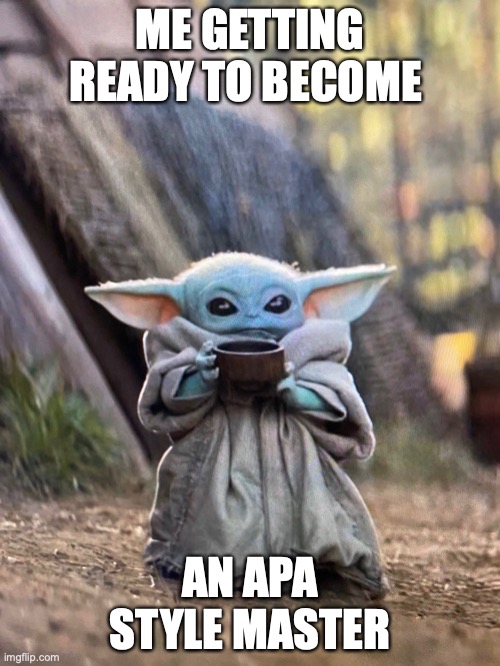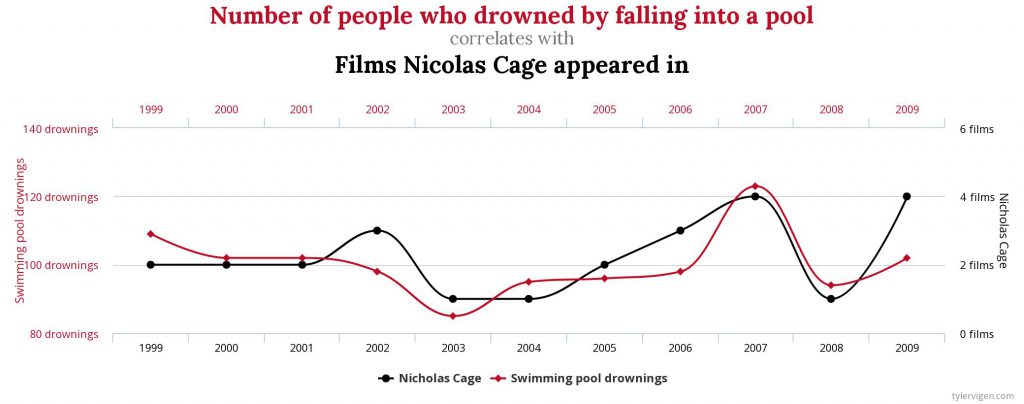Template: Preregistration of Quantitative Study
Article discussing various aspects of preregistration with links to resources, including several different preregistration forms. You can find a copy of the paper on PsyArXiv here.
Template: Preregistration of Quantitative Study Read More »



